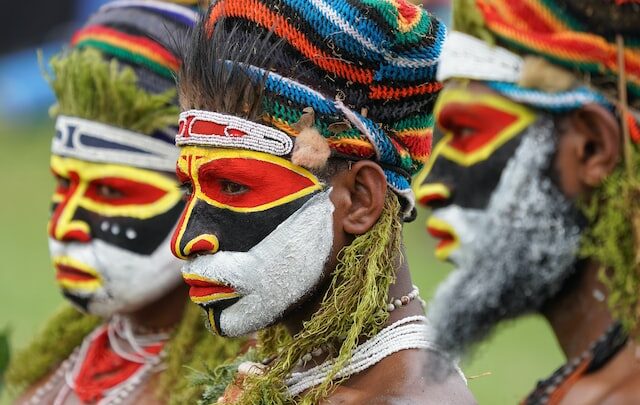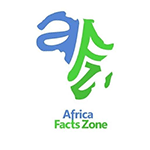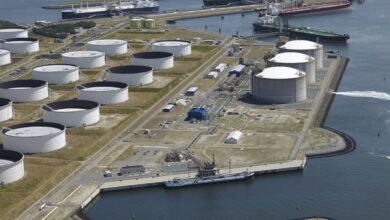Spanish Speaking Countries in Africa: Equatorial Guinea the only Spanish Speaking Country in Africa

The Republic of Equatorial Guinea is one of the speaking Spanish countries in the world and the only Spanish speaking country in Africa. Equatorial Guinea is named for its area – close to the Gulf of Guinea and the Equator.
Equatorial Guinea is the only African country, along with Western Sahara and a northern piece of Morocco; Cape Juby, to be claimed by Spain in the 17-the 1800s.
A Brief History of How Spanish Evolved
The most famous European vernaculars of today are the little girl dialects of Latin.
They are known as Romance dialects and are essentially spoken in South America, Central Africa, and Europe.
Out of these dialects, Spanish is the most spoken tongue.
It has almost 600 million speakers on the planet. It spread to various areas of the planet on account of colonization.
Today, the Spanish and Portuguese-talking nations in the Americas are known as Latin America.
Spanish is also one of the most spoken languages in the United States. Currently, there are 21 speaking Spanish countries in the world.
Most of the local speakers of Spanish live in Latin America.
The second-biggest number of speaking Spanish countries can be found in the European Union.
Spanish-speaking nations in Africa?
Spanish is spoken in parts of Western Sahara. There are likewise few Spanish-speaking communities in the northern parts of Morocco.
Nonetheless, there is just a single country in Africa where Spanish is perceived as an official language. It is Equatorial Guinea.
A short History of how Equatorial Guinea Became the only Spanish Speaking Country in Africa

In 1471, Portuguese guide Fernao do Po discovered the island of Bioko.
Alongside the island of Corisco, it turned into a center point for exchanging caught slaves, who the Portuguese shipped off France, Spain, and England.
In 1777, through the Treaty of San Ildefonso, the Portuguese surrendered the islands, as well as privileges to the central area coast, to Spain.
Nonetheless, because of the downfall of Spain and issues with its provinces in South America in 1827, this Spanish-speaking country in Africa didn’t get a great deal of interest.
Then, at that point, the British Crown approved the colonization of the island.
For a really long time, the English and the Spanish battled for control of the island.
In 1861, to recapture control of the island and conclusively colonize it, Spain sent a gathering of 260 liberated Cubans to Equatorial Guinea.
The island, at last, consented to the authority status of a Spanish settlement. In those years, the island started to get imports of espresso and cocoa plants.
From 1926 to 1959, the government of Spain rejoined Bioko and Río Muni calling it the settlement of Spanish Guinea.
The economy flourished with the development and sales of coffee and cocoa.
Spanish Guinea endured three sections of decolonization.
From 1946 to 1959, the Portuguese endeavored to recover the stake it recently held in the nation; its status went from settlement to region.
From 1960 to 1968, the Spanish to some extent decolonized the country while keeping some control; the arrangement was ruined by the Guineans.
On October 12, 1968, the Republic of Equatorial Guinea was instated with Francisco Macías Nguema chosen as President.
Also Read: The Slave Trade in Africa: The Atlantic Slave Trade
Ethnic Groups
The ethnic composition of Equatorial Guinea is as follows:
Also Read: Top Most Corrupt Countries in the World and in Africa
Speaking Spanish Countries in the World
Spanish is perhaps the most widely recognized language on the planet, and it comes straightforwardly from Spain.
Spanish spread from Spain during the hour of the Spanish Empire when Spain was one of the predominant military superpowers on the planet.
As Spain colonized a lot of different nations, it spread its language all around the world too.
Today, there are 21 speaking Spanish countries and 18 countries in the Americas that have Spanish as their official language.
These nations incorporate Venezuela, Uruguay, Peru, Paraguay, Panama, Nicaragua, Mexico, Honduras, Guatemala, El Salvador, Ecuador, the Dominican Republic, Cuba, Costa Rica, Colombia, Chile, Bolivia, and Argentina Moreover, Spanish is spoken in Puerto Rico, which is a domain of the United States.





